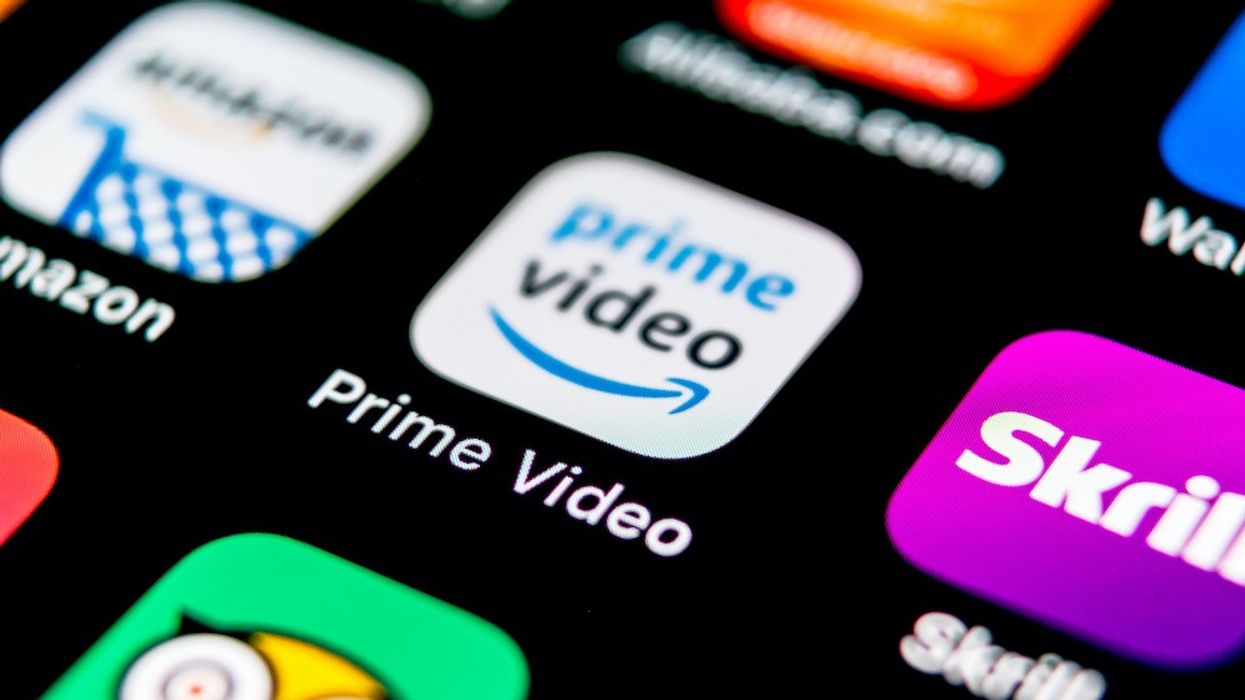Turns Out You Might Not Actually Own the Movies You Bought On Amazon Prime
I am really proud of my Amazon catalog... even as it disappears.

I've had a vast collection of DVDs and Blu-rays my entire life, but as I grew older and moved more, I shifted my focus and efforts into buying movies on Amazon. They were just a click away and could be moved without having to pack them in a dozen boxes.
But one thing I noticed is that sometimes the movies I buy disappear.
Turns out that's because I don't really own them, after all.
When an Amazon Prime Video user buys content on their platform, what they're really paying for is a limited license for “on-demand viewing over an indefinite period of time” and they're warned of that in the company's terms of use.
But who reads the term of use?
Well, I am not the only one annoyed by this argument over ownership. In fact, Amazon has recently been sued over it. Take a look at this excerpt from the lawsuit:
"Plaintiff claims that Defendant Amazon’s Prime Video service, which allows consumers to purchase video content for streaming or download, misleads consumers because sometimes that video content might later become unavailable if a third-party rights’ holder revokes or modifies Amazon’s license," writes attorney David Biderman in the motion. "The Complaint points vaguely to online commentary about this alleged potential harm but does not identify any Prime Video purchase unavailable to Plaintiff herself. In fact, all of the Prime Video content that Plaintiff has ever purchased remains available."
Amazon argues that the site's required user agreements explain that some content may later become unavailable.
"The most relevant agreement here—the Prime Video Terms of Use—is presented to consumers every time they buy digital content on Amazon Prime Video," writes Biderman. "These Terms of Use expressly state that purchasers obtain only a limited license to view video content and that purchased content may become unavailable due to provider license restriction or other reasons."
I wonder if the idea that the "purchase price" the way Amazon advertises it is the "price to own." Otherwise, what does Amazon think "purchase" means? My mind says ownership is forever. It seems like Amazon has a price to rent now and the price to hold onto the rental forever. They say that's clarified in the fine print...
Amazon argues it doesn't matter whether customers actually bothered to read the fine print.
"An individual does not need to read an agreement in order to be bound by it," writes Biderman. "A merchant term of service agreement in an online consumer transaction is valid and enforceable when the consumer had reasonable notice of the terms of service."
You can read the whole argument on The Hollywood Reporter, but the next time you purchase a movie online, make sure it actually stays in your library. Or understand that if it disappears, they might have told you in fine print, if you bothered to read it.
This seems like an annoying overreach and false advertising to me.
Let me know what you think in the comments.












